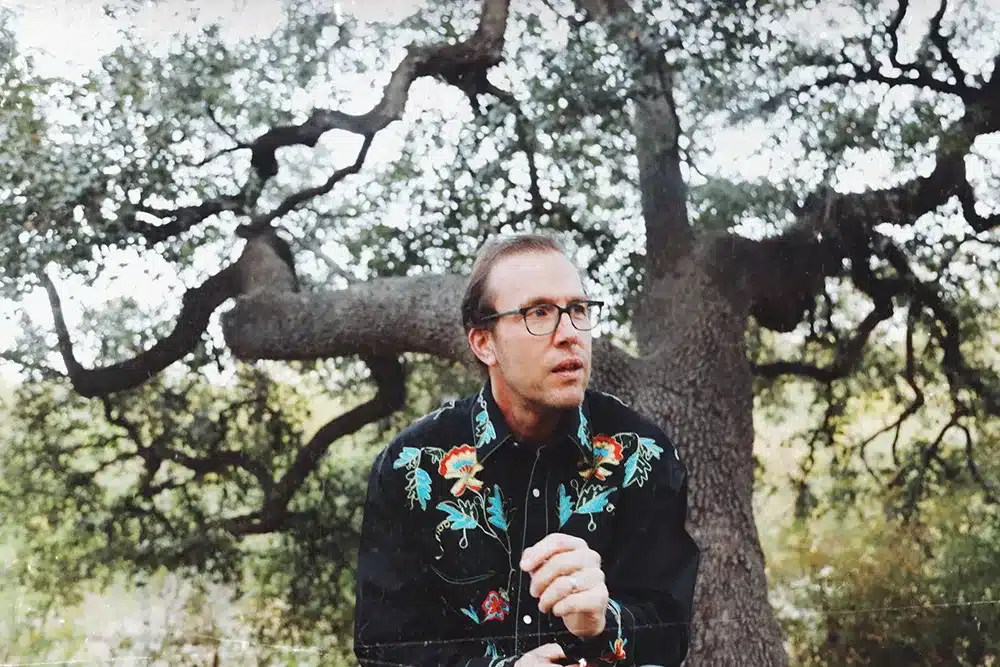Copyright popmatters

Terry Klein’s fifth studio album, Hill Country Folk Music, offers a moving meditation on aging and memory in intimate and environmental terms. He knows he’s getting older. Youth has passed him by, and the natural world has become a less lovely place, but he’s not old yet, just older, and the despoiled ecology still has its charms. He’s a man in the middle who can’t help but chuckle at his fate. We are going to die someday, and maybe we are all doomed collectively. Therefore, as he sings on the first and last cuts on the album, the least he can do is “Try” and “Try Again”. (It’s the same song sung differently.) Klein says he values the sound of the river and the stars in the sky. He knows life is more than just lying back and accepting the way things are because nothing ever stays the same, and just praying isn’t going to cut it. His cleverly wrought lyrics wryly address this existential fact. “If it makes a difference, I don’t know,” he solemnly sings. We are damned if we do and damned if we don’t. The line cited above comes from a song called “If You Go” that tells a story about a friend who committed suicide after the person gave him a self-help book. The irony is unintentionally poignant. Yes, the situation is funny in a dark way, even when it shouldn’t be. Pessimism is a virtue. Relatedly, the narrator of another cut knows he probably won’t reach his next birthday. That might be a blessing compared with the pain he feels. Getting old is a bitch or is it a bastard, Klein wonders. Again, humor assuages the hurt. In “Hopelessness Is Going Around”, Terry Klein tells us in a song about his father, who went from being a war hero and a small business owner squeezed out by a big-box store, before settling into reduced circumstances and watching Fox News for its entertainment value. His sense of humor leavens the bleakness of Klein’s sentiments. Besides, one can find solace in nature—”The Dirty Third” (a nickname for the Gulf Coast), a “Yellow Butterfly”, and the “Musconetcong River”—and that might be enough to keep us moving on. The three songs that address individual actions with the mechanics of human society are the funniest despite their superficially misanthropic intentions. “I Used to Be Cool” and “The Job Interview Song” amusingly address the difference between how we perceive ourselves and the facades we present to others. Klein elaborates on the cliches to show the hollowness of social interactions. “A Quiet Place to Be” is a rewrite of Ernest Hemingway’s classic short story “A Clean Well-Lighted Place”, with a woman walking out of the venue because the other patron has a foul odor. As the album’s title suggests, the music is primarily acoustic with touches of electric guitar that emphasize the contemporaneity of its contents. It was recorded in Nashville in early August and produced by Thomm Jutz (Bill Anderson, Nanci Griffith), who also adds guitar and harmony vocals. Klein sings lead and plays acoustic guitar. His other collaborators include Lynn Williams (drums) and Tim Marks (bass). Guest musicians include Mike Compton (mandolin), Scotty Sanders (pedal steel), Justin Moses (fiddle & dobro), and Finn Goodwin-Bain (piano & organ). Is this folk or is this country music? Terry Klein doesn’t choose as much as he shows the connections between the two. Suffice it to say, this is Texas music.



